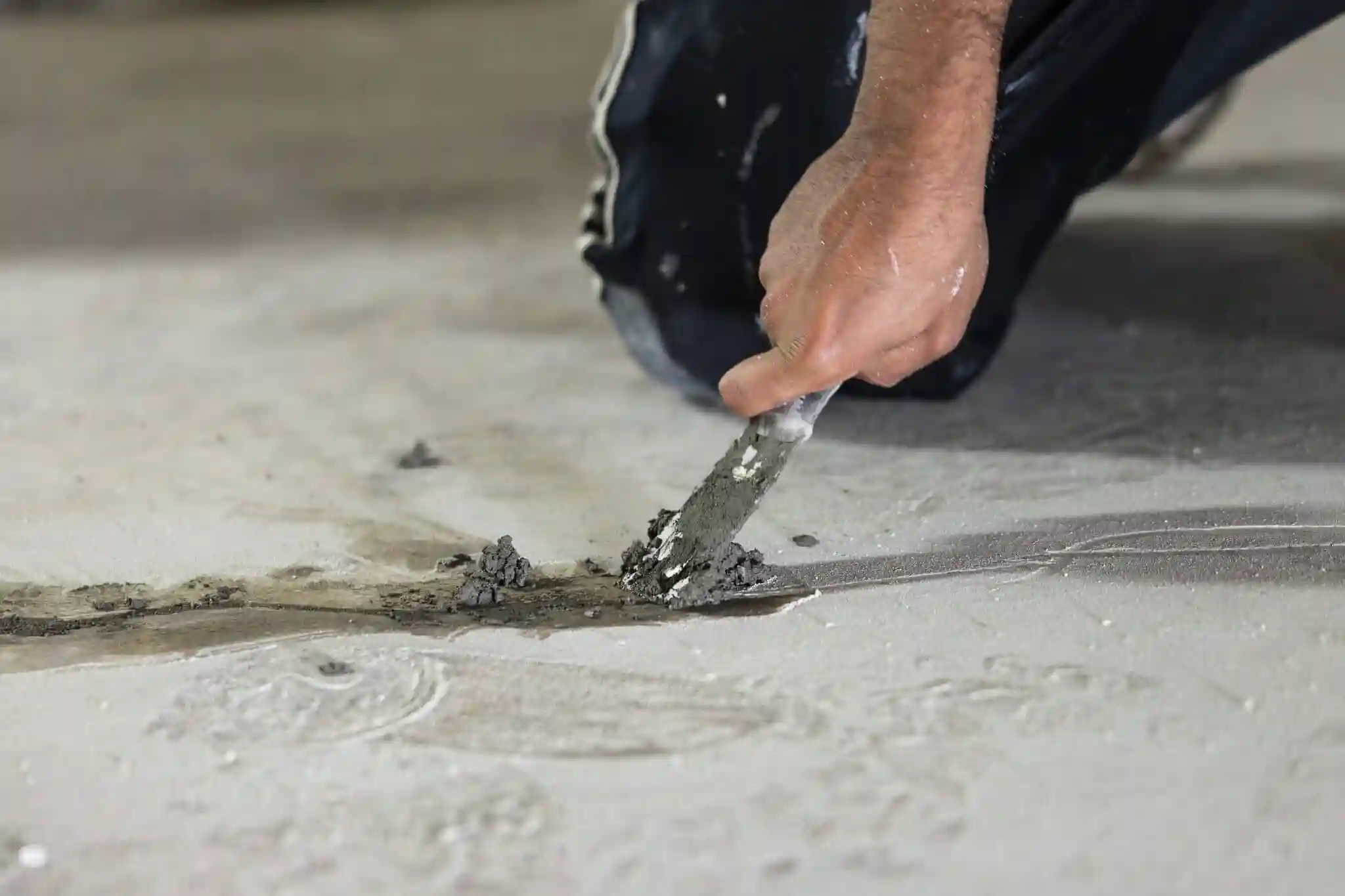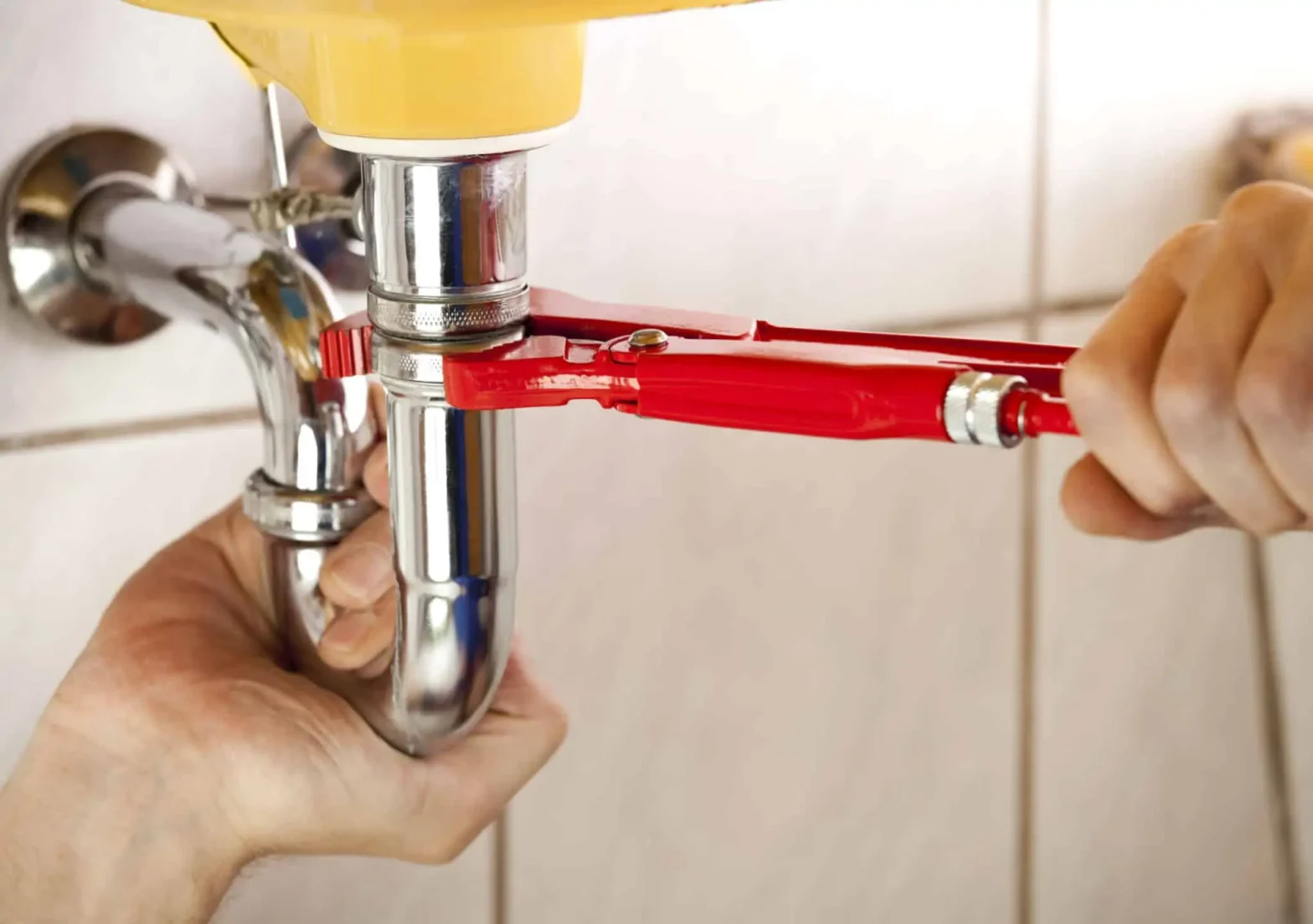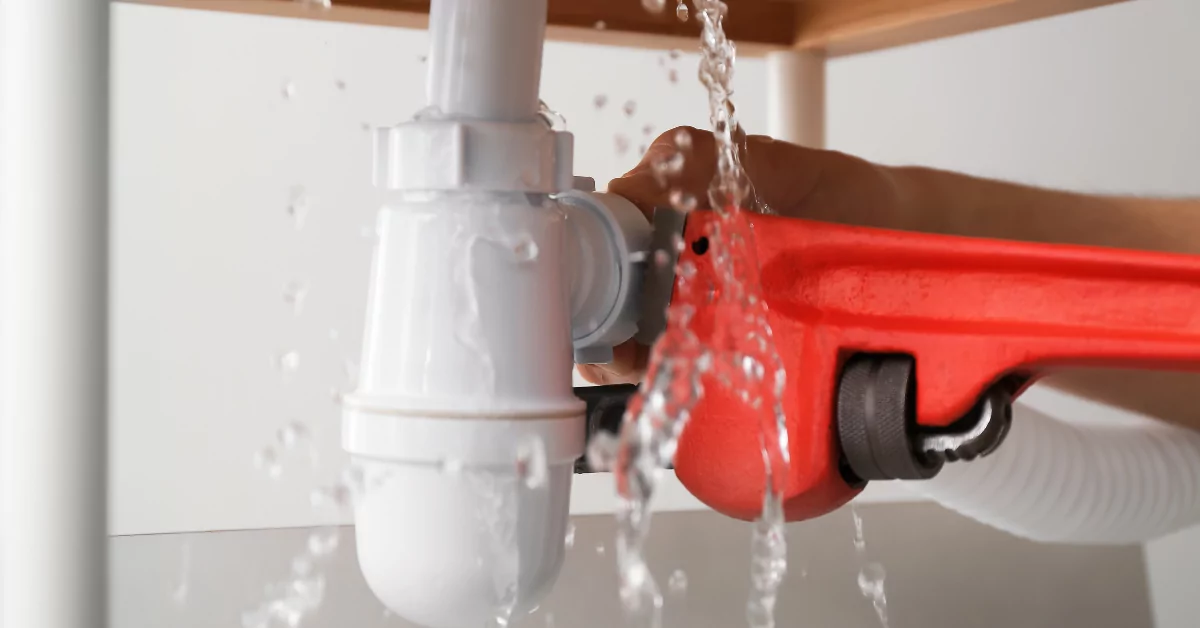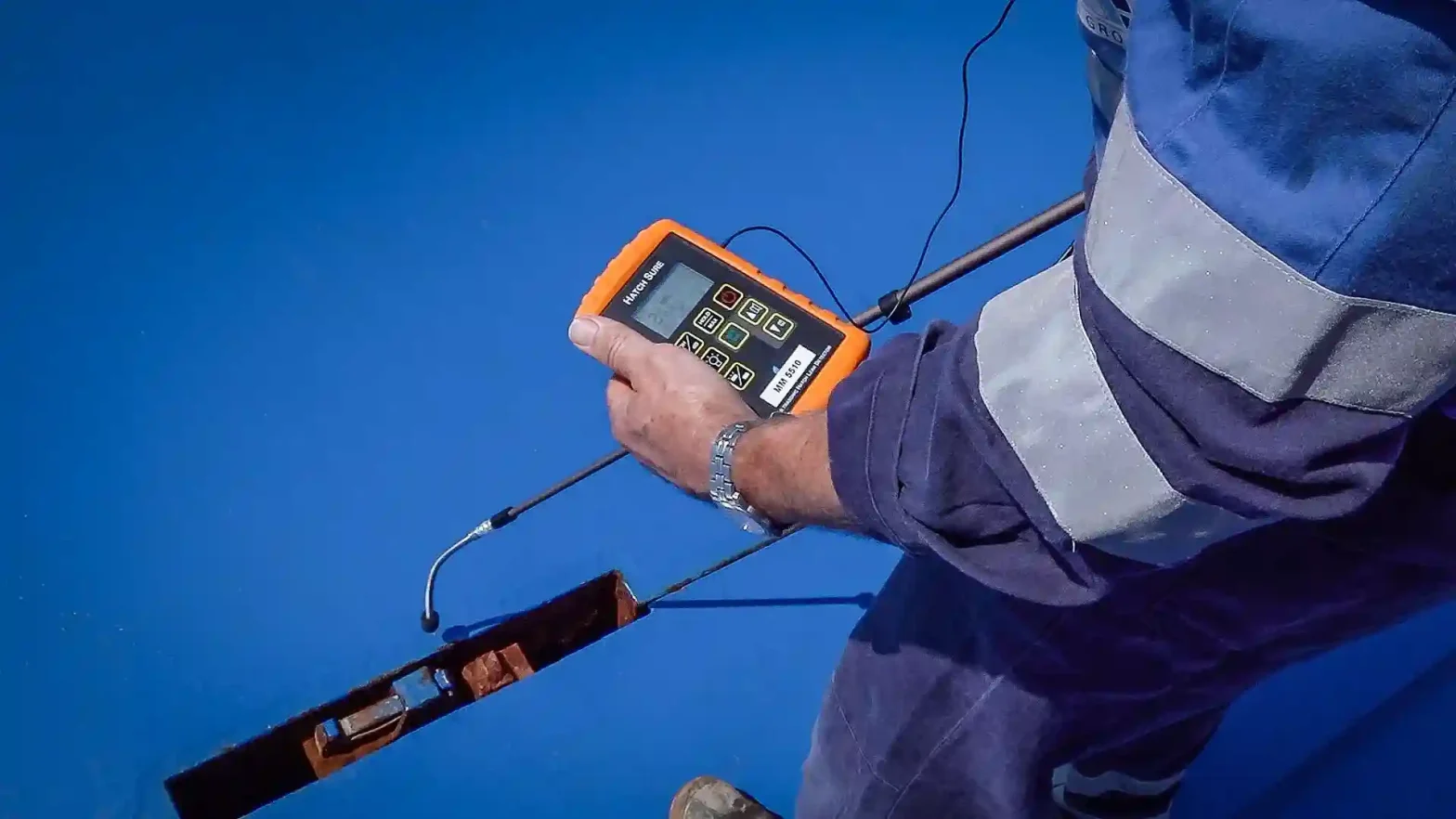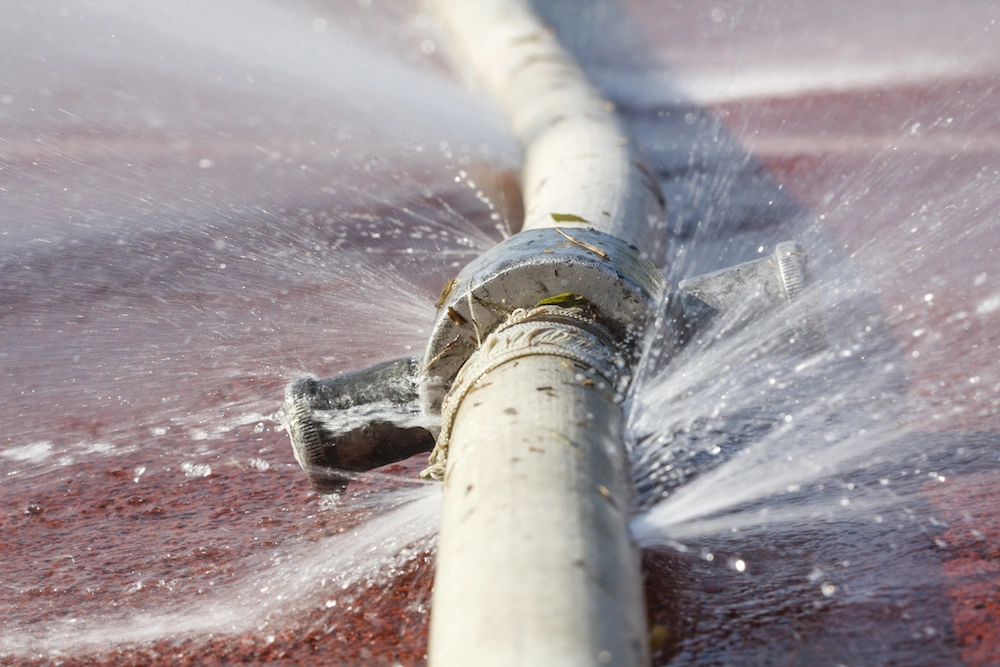Hiring the Right Slab Leak Expert: A Homeowner’s Guide
A hidden slab leak can erode concrete, warp floors, and drain your bank account faster than you ever imagined. Choosing the right professional is your first line of defense. The specialist you invite into your home must locate the breach without unnecessary demolition, fix it correctly the first time, and explain every step in terms you understand. Rushing to hire the first name online may leave you with extra holes in the floor and a lingering leak that keeps your stress level high.
1. Confirm Licenses and Insurance
Start by asking for state plumbing licenses and proof of liability and workers’ compensation insurance. A real professional provides these documents without hesitation and explains how they protect you. Licenses confirm the plumber has completed formal training and follows current codes, while insurance shields you from unexpected costs if an accident occurs during the repair.
2. Examine Real-World Experience
Not every plumber spends each day working beneath concrete. Ask how many foundation leaks the company handles in a typical month. Experienced specialists can describe recent jobs in detail, from tracing the hidden pipeline to restoring the floor. Their confidence comes from repetition, not guesswork, which means fewer surprises.
3. Evaluate Detection Tools and Techniques
Modern experts rely on advanced leak detection scanners to locate a leak with minimal drilling. When a contractor explains these tools in plain language and offers a quick demonstration, it shows both mastery and transparency. A company still relying on trial-and-error demolition may damage more of your home than necessary.
4. Insist on Transparent Pricing
Trustworthy plumbers hand you a written proposal that lists labor, materials, concrete patching, and any hauling fees. Equally important is what the quote excludes, such as large-scale floor replacement. Compare at least two estimates to spot unusually high or low figures. Balanced pricing paired with clear explanations signals integrity.
5. Read Reviews With a Critical Eye
Online comments can reveal much about punctuality, cleanliness, and communication. Look for patterns rather than isolated rants or glowing praise. Multiple notes about tidy work sites and respectful technicians point to a reliable company. Frequent complaints about missed appointments or poor clean-up suggest you should keep searching.
6. Observe Communication During Inspection
A seasoned slab leak expert walks you through the process, points out subtle clues like warm tiles or meter movement, and answers every question without rushing. If a technician avoids eye contact or reacts defensively to basic inquiries, consider that a warning sign. Open dialogue today prevents confusion tomorrow.
7. Consider Warranty and Emergency Support
Solid businesses stand behind their labor for at least a year and register manufacturer warranties on new parts. They also outline emergency response options because water does not follow office hours. Having the same trusted team on call after midnight offers peace of mind long after the initial repair.
8. Value Local Knowledge
Soil composition, water chemistry, and building codes differ from one region to another. A plumber who works in your city every week understands common pipe materials and local permitting rules. This familiarity speeds up inspections and approvals, saving you both time and money.
9. Trust Your Instincts During the Walkthrough
Invite your two final candidates to inspect the problem area. Pay attention to small courtesies like shoe covers, drop cloths, and dust control. These actions reflect respect for your home and often predict the overall quality of their work. After you review each proposal, choose the expert who combines technical skill, clear communication, and genuine care.
10. Signing the Agreement
Read every clause before you commit. Confirm the start date, projected completion time, payment schedule, and material sources. A reasonable deposit secures your spot on the calendar, with the balance due only when you are satisfied that the leak is gone and your floor is whole again.
11. Stay Involved During the Repair
Good plumbers keep you updated as they isolate the pipeline, cut the concrete, replace the damaged section, and test the system for leaks. Keep notes on water pressure readings and any new insights about your plumbing layout. This information may help you prevent future problems.
Final Walk-Through and Pay It Forward
When the repair is complete, stroll through the work area with the technician to confirm regular pressure readings and bone-dry meters. Then snap a few photos before the slab is sealed for future reference.
Keep every receipt and warranty in one place. Once everything checks out, share your experience online or with neighbors; honest reviews and personal referrals reward professionals who honor their word and help the next homeowner find reliable help when water starts whispering beneath the floor.
Your Next Step: Secure Peace of Mind with Cali’s Choice
Finding the right specialist takes a little homework, but it rewards you with fewer holes in the floor, a solid fix that stays put, and renewed confidence in your home’s foundation. Verify licenses, examine real experience, look for advanced detection tools, insist on transparent pricing, and expect steady communication, and then you can turn a nerve-racking leak into a well-managed project. When you are ready to act, call Cali’s Choice. Our team combines proven expertise with transparent service, ensuring your slab leak is located swiftly, repaired correctly, and backed by a guarantee you can count on. Your peace of mind is just one call away.
Frequently Asked Questions
- How do I know when to call a foundation-leak specialist instead of a general plumber?
If you notice warm spots on the floor, unexplained water bills, or the sound of water running with every tap closed, the issue is likely under the slab and not in exposed pipes. A specialist can locate hidden leaks without excessive demolition, saving time and money in the long run. - What questions should I ask before hiring a technician?
Ask for state licenses, proof of insurance, recent project examples, and a written estimate that breaks down labor and materials. Clear, straightforward answers signal professionalism and build trust. - How long does a typical repair take once the leak is found?
Most repairs wrap up within one to three days, depending on the leak’s size, the need for concrete cutting, and any additional restoration such as patching flooring. A seasoned crew provides a realistic timeline before work begins and keeps you updated at each stage. - Will my flooring have to come up during the repair?
Not always. Modern detection tools often allow plumbers to isolate a problem spot and cut a small access hole rather than tearing up an entire room. If the leak can be bypassed with a reroute, your floors may stay intact. Your contractor will explain the least disruptive option for your home. - Does homeowners insurance cover this kind of damage?
Policies vary, but many cover sudden water damage while excluding long-term seepage or pipe replacement. Contact your insurer for details and keep all invoices and photos from the repair. Reputable companies like Cali’s Choice can supply the documentation your adjuster needs and even guide you through the claim process.


